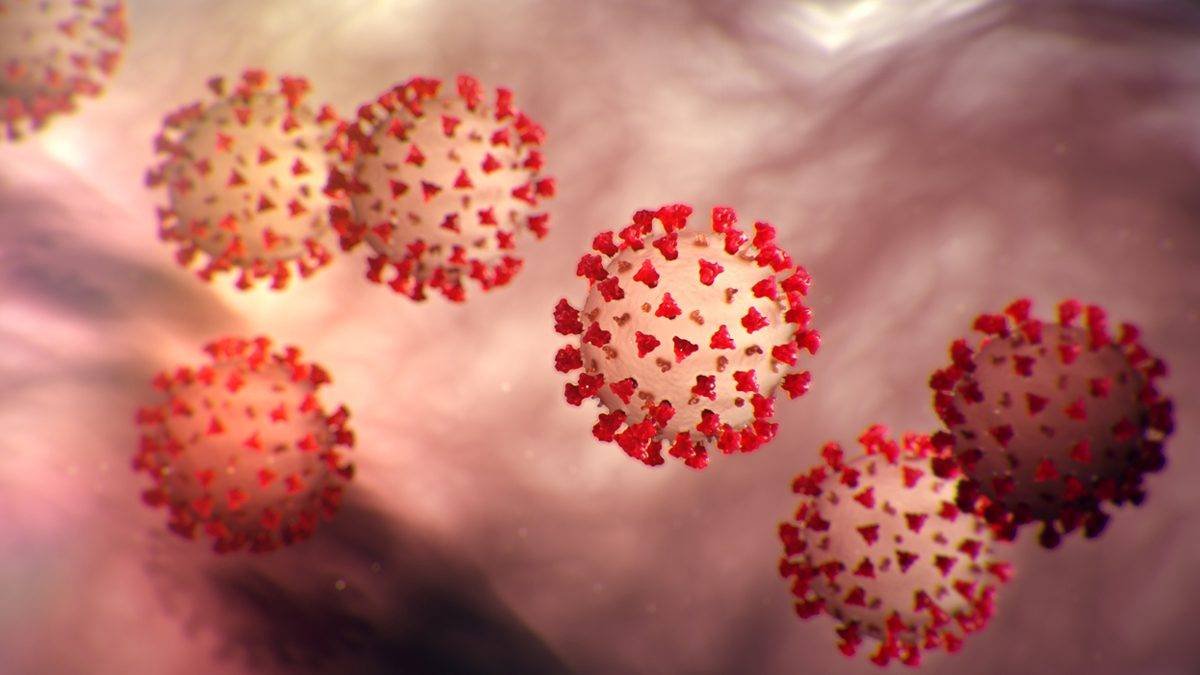This week, an article in The New York Times sparked significant discussion online with its headline: “Small Number of Covid Patients Develop Severe Psychotic Symptoms.” While alarming at first glance, it’s important to understand what this truly means.
What is Psychosis?
Psychosis is a medical term used to describe a condition affecting one’s thoughts and perceptions. It can involve symptoms such as:
- Delusions: Fixed, false beliefs, such as thinking your neighbors are spying on you on behalf of the government.
- Hallucinations: Sensory experiences without external stimuli, like hearing voices or feeling sensations that are not real.
- Disorganized Thinking or Behavior: Difficulty with everyday tasks like eating or dressing and speech becoming fragmented or incoherent.
Psychosis can occur for several reasons, including psychiatric disorders, substance use, high fevers, illness, brain injuries, cancer, medication side effects (like steroids), or severe physical conditions.
Different Types of Hallucinations
Psychiatric hallucinations are often auditory, such as hearing voices. However, they can also be:
- Tactile (e.g., feeling bugs crawling on your skin during alcohol withdrawal)
- Visual (more common in medical conditions like delirium)
- Olfactory (typically linked to neurological issues, such as seizures)
Some forms of hallucinations are completely harmless. For instance, hypnopompic hallucinations—brief sensory disturbances upon waking—are normal and not a cause for concern.
COVID-19 and Mental Health
During severe illnesses, like COVID-19, delirium is a common complication, especially in hospitalized patients. Delirium often involves confusion, hallucinations, or paranoia, such as believing medical staff are trying to harm you or thinking an oxygen bottle is poison. About 65% of COVID-19 ICU patients experience delirium, which can even be the first sign of the disease in older adults. This condition could result from a combination of severe inflammation, high fevers, and the stress of being in a hospital environment.
While delirium can be frightening and lead to risky behaviors—like attempting to leave the hospital or removing medical devices—it is temporary. With treatment that includes addressing the cause, improving sleep quality, and surrounding patients with familiar objects like family photos, symptoms usually subside without causing lasting psychosis. However, some people may later develop anxiety or post-traumatic stress disorder (PTSD).
Studies Connecting COVID-19 to Psychosis
The New York Times highlighted a study showing that 10 out of 153 COVID-19 patients developed “new-onset psychosis.” This is not entirely unexpected. COVID-19 can sometimes lead to neurological complications like strokes or brain inflammation, both of which can trigger psychotic symptoms. These types of symptoms have been observed in various severe illnesses where many patients are affected at the same time, making them more noticeable.
Final Thoughts
Psychosis related to COVID-19 is rare and typically associated with severe symptoms or complications like delirium, brain inflammation, or strokes. While it can be concerning, most cases improve with appropriate medical care and time. Understanding these symptoms helps reduce fear and allows for better preparation in treating affected individuals compassionately and effectively. In such cases, psychosis and schizophrenia treatment can provide the necessary support and medical guidance for recovery.

